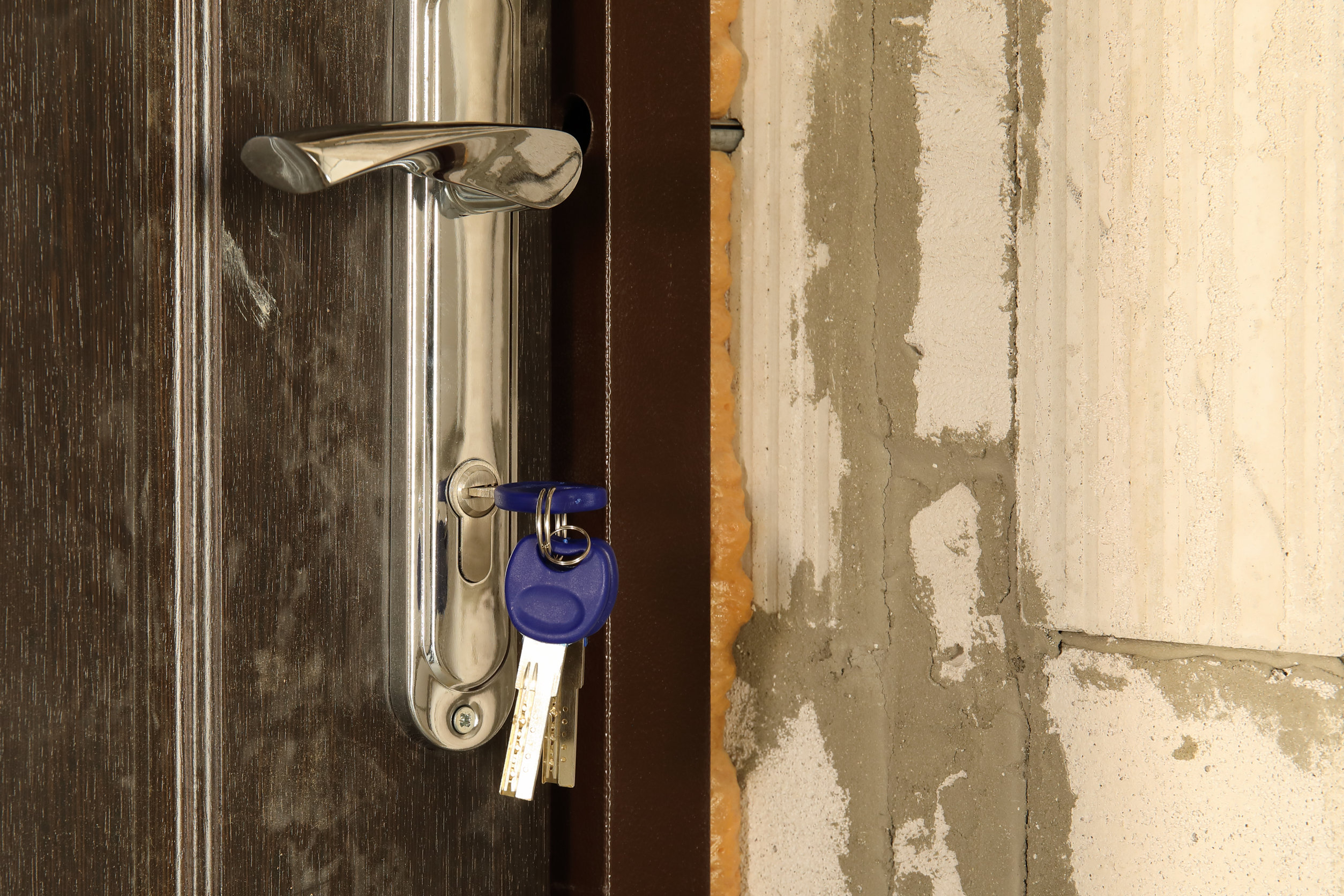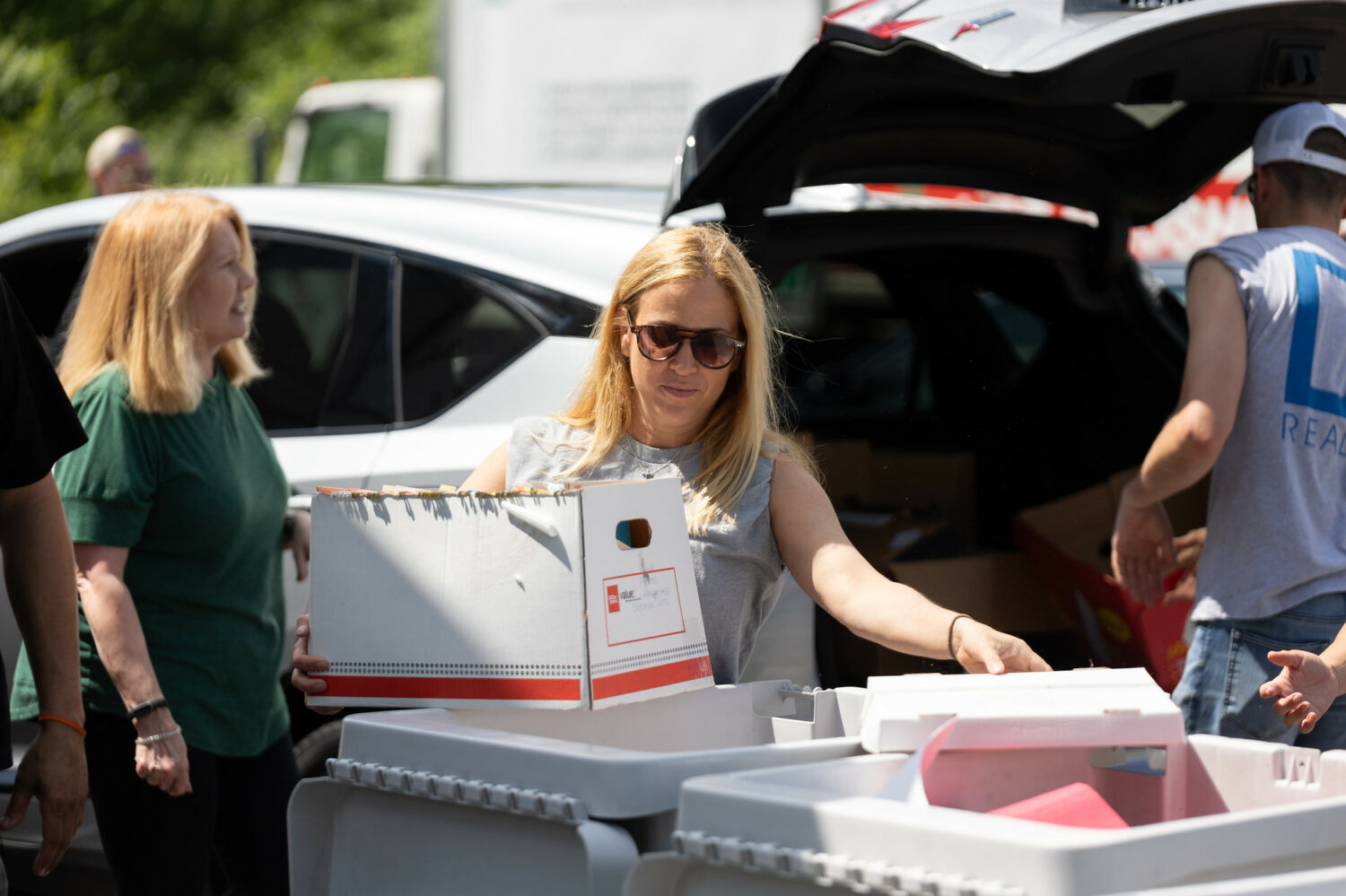
by Catherine Mesick, REALTOR® Magazine
Establishing safety protocols on the job is one of the best ways to protect your personal safety, especially as 14% of REALTORS® say they’ve feared for their physical well-being or the security of their personal information at work, according to the National Association of REALTORS®’ 2021 Member Safety Report. “Crimes against real estate professionals have risen 300% since 2006. It’s important for us to take steps to protect ourselves,” Janet Rodriguez Judd, a broker-associate with RE/MAX Results in St. Louis, said Wednesday during the REALTOR® Safety webinar, “Avoiding REALTOR® Danger Zones.” A replay of the webinar will be available on Sept. 20 at nar.realtor/safety/safety-webinars.
Judd is in a position to know: Not only is she the incoming 2022 chair of NAR’s REALTOR® Safety Advisory Committee, she was also the first female police officer hired by her department in St. Louis County in the early 1980s. Judd shared the four danger zones that real estate professionals can encounter during the course of their business day and how to minimize the associated risk.
Danger Zone Number One: Your Vehicle
Real estate professionals are often distracted by their phones when exiting or walking to their cars. Criminals see that distraction as an opportunity to attack.
Safety Tips:
- Pay attention to your surroundings. Park in a well-lit area with people and other cars nearby, if possible.
- Pull through on parking spaces for a faster exit.
- Be alert between the hours of 8 p.m. and 2 a.m., which is when most carjackings occur.
- Keep your passenger doors locked when you enter your vehicle.
Judd advised real estate professionals to be aware of their surroundings and look for the “pink squirrel”—that is, anything that’s noticeably out of place. “If you see someone wearing a heavy coat in the summertime, that’s unusual,” Judd explained. “That coat could be hiding weapons.”
Danger Zone Number Two: Your Office
The office may seem like a safe place, but predators could be watching to see when you’re left alone.
Safety Tips:
- Keep the front and back doors of your office locked, and make sure the doors have locks with keys—and not just levers.
- Have a lock on your personal office door. Coordinate with office management if you don’t have one.
- Keep your phone fully charged at all times.
- Know how to work the emergency sequence on your phone.
- Speak in a loud voice and be assertive if someone catches you by surprise.
Because criminals are looking for vulnerabilities, speaking and acting with authority could make an intruder back down, Judd said. “Create boundaries. Don’t appear weak or subservient.”
Danger Zone Number Three: Showing a Property
Predators have been known to target individual agents, learning about them through their social media presence and scheming to meet them alone. Maintaining control and adhering to your company’s established safety protocols can help weed out the bad apples.
Safety Tips:
- Ask clients to come to the office first. Those with criminal intent may refuse and become angry—signs that you’re dealing with a predator.
- Don’t park in the driveway. You can be blocked in.
- Always keep your keys and your phone on you. Don’t set them down on a table.
- Never turn your back on a prospect.
- Avoid spaces with no other exit, such as basements. They can be traps.
Judd observed that real estate professionals may also consider running background checks on prospective clients. However, she cautioned that if you run a background check on one prospect, then you should run them for all. “Otherwise, you could potentially create a fair housing violation,” she said.
Danger Zone Number Four: Conducting an Open House
Predators also can target an individual agent through open houses. If you notice that a prospective client has appeared at several of your open houses but hasn’t made any offers, that could be a red flag.
Safety Tips:
- Let prospects lead the way into individual rooms. You can stay by the door.
- Establish escape routes from every level of the house.
- Have a bell attached to the front door so you can hear when someone enters.
- Call a buddy or the office on a regular, timed basis.
The end of an open house is potentially the most dangerous time of the event. “People can hide in drapes, closets, showers,” Judd said. “Be sure to talk to someone on the phone while you are checking the house.”
Above all, Judd counseled that every real estate professional should listen to their gut. “When you have goose bumps, when your heart is racing, that’s your instincts kicking in,” said Judd. “I think of it as my guardian angel. I can’t tell you how many times I’ve listened, and I’ve always been right.”
— Reprinted from REALTOR® Magazine Online, August 2021, with permission of the National Association of REALTORS®. Copyright 2021. All rights reserved.






Lin Van Meter • August 26, 2022 at 3:35 pm
So proud of Janet! Her safety tips are always worth the reminder!